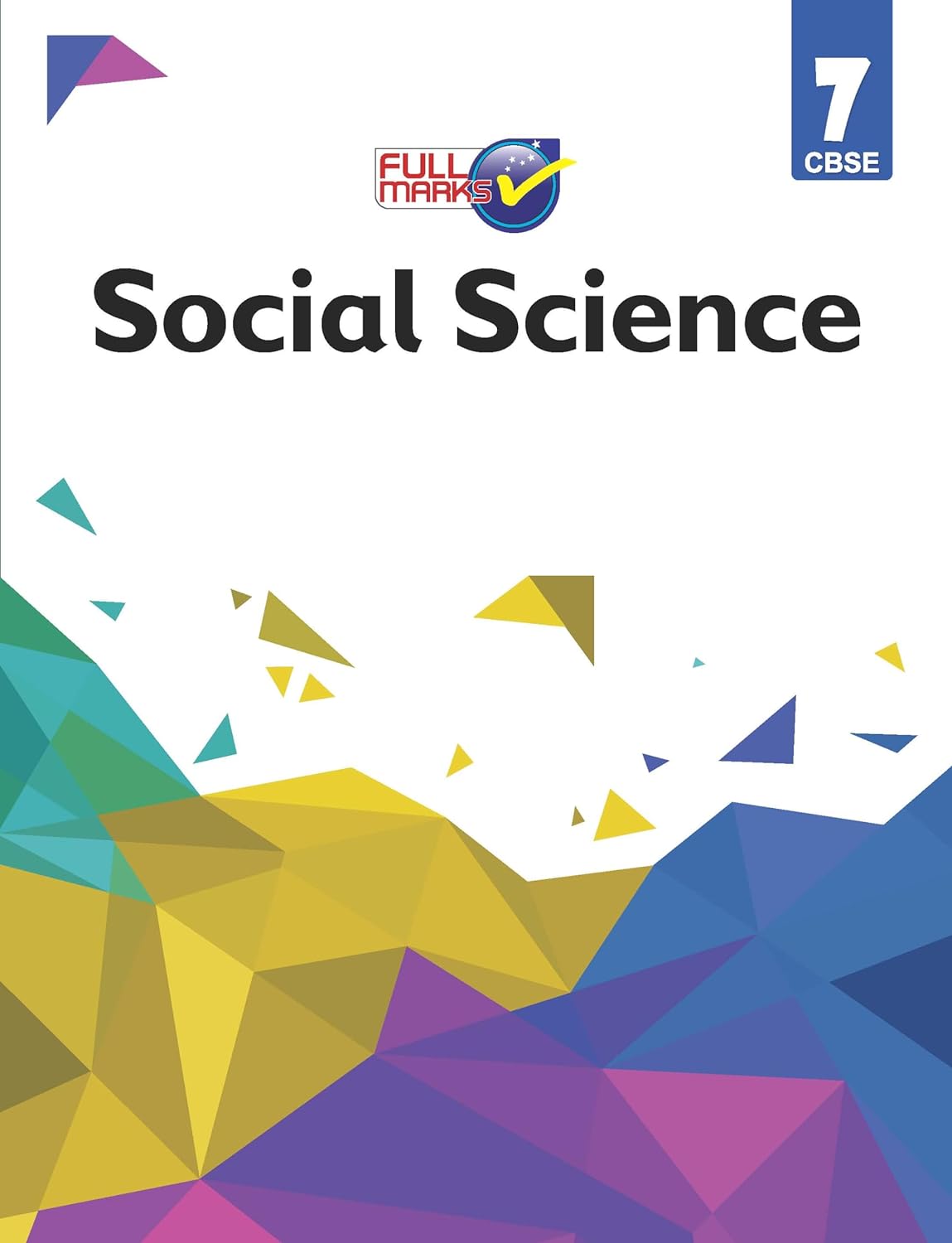Social Science syllabus, including key topics and themes from History, Geography, and Civics. This guide will help you understand the curriculum and prepare effectively for your exams.
1. History
Chapter 1: Tracing Changes Through a Thousand Years -Understanding the changes in the Indian subcontinent from 1000 CE to 1700 CE. Influence of political, economic, and social changes.
Chapter 2: New Kings and Kingdoms - Rise of new kingdoms in the 7th century. Regional states and their administration. Important dynasties and their contributions.
Chapter 3: The Delhi Sultans - Establishment of the Delhi Sultanate. Major dynasties: Slave, Khilji, Tughlaq, Sayyid, and Lodi. Political and cultural achievements.
Chapter 4: The Mughal Empire - Major rulers: Babur, Akbar, Jahangir, Shah Jahan, Aurangzeb. Administration, culture, and art of the Mughal Empire. Impact on Indian society.
Chapter 5: Rulers and Buildings - Architectural developments during the medieval period. Important monuments and their significance.
Chapter 6: Towns, Traders, and Crafts persons - Growth of towns and trade during the medieval period. Role of traders and crafts persons in economic development.
Chapter 7: Tribes, Nomads, and Settled Communities - Understanding the lifestyle of tribes and nomadic communities. Changes in their socio-economic conditions.
2. Geography
Chapter 1: Environment - Definition and components of the environment: Natural and human-made. Importance of the environment in daily life.
Chapter 2: Inside Our Earth - Structure of the Earth: Crust, mantle, core. Types of rocks and the rock cycle.
Chapter 3: Our Changing Earth - Processes of change: Weathering, erosion, and deposition. Landforms created by these processes.
Chapter 4: Air - Composition and layers of the atmosphere. Importance of air and weather phenomena.
Chapter 5: Water - Distribution of water on Earth: Oceans, rivers, and lakes. Water cycle and importance of water conservation.
Chapter 6: Natural Vegetation and Wildlife - Types of vegetation: Forests, grasslands, and deserts. Importance of biodiversity and conservation efforts.
3. Civics
Chapter 1: On Equality - Understanding the concept of equality in society. Issues of inequality and measures to address them.
Chapter 2: Role of the Government in Health - Importance of health and healthcare services. Role of the government in providing healthcare.
Chapter 3: How the State Government Works - Structure and functions of the state government. Role of the Chief Minister and the Cabinet.
Chapter 4: Growing Up as Boys and Girls - Understanding gender roles and stereotypes. Issues related to gender discrimination.
Chapter 5: Women Change the World - Contributions of women to society and challenges faced. Women’s rights and empowerment.
Chapter 6: Understanding Media - Role of media in society. Different forms of media and their impact on public opinion.
Chapter 7: Markets Around Us - Understanding markets and their functions. Role of consumers and producers in the market.
Study Tips
- Make Notes: Summarize each chapter in your own words to reinforce learning.
- Use Visual Aids: Diagrams, charts, and maps can help visualize concepts, especially in Geography.
- Practice Past Papers: Familiarize yourself with the exam format and types of questions.
- Group Discussions: Discussing topics with classmates can enhance understanding and retention.
- Regular Revision: Schedule periodic reviews of each subject to keep the material fresh in your mind.
Important Topics to Focus On
- Key Historical Events: Focus on major rulers and their contributions, especially in the chapters on the Delhi Sultanate and the Mughal Empire.
- Geographical Processes: Understand the processes that shape the Earth's surface and the importance of natural resources.
- Civic Awareness: Grasp the concepts of equality, health rights, and the role of media in shaping opinions.
Latest for 2024-25 Session




